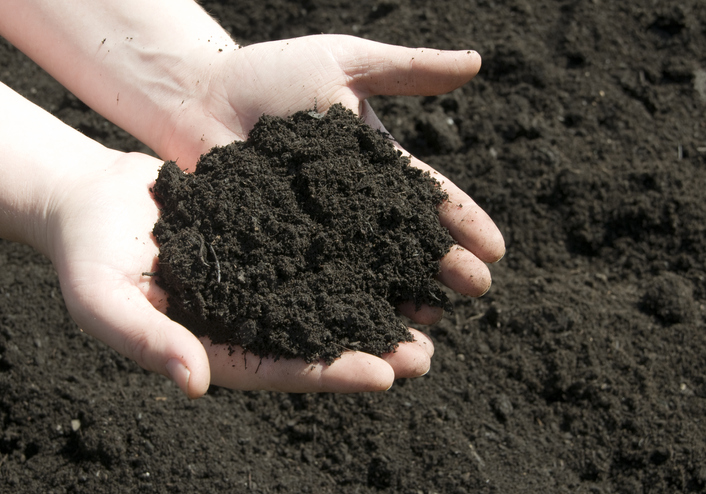As any experienced gardener will tell you, the success of your gardening efforts hinges on the quality of your soil. That’s why choosing the right type of soil – particularly screened topsoil – is a decision that shouldn’t be taken lightly. Whether you’re crafting a garden that’s the envy of the neighbourhood or sculpting a landscape that invites tranquillity, the right screened topsoil can make all the difference. In this blog, we’ll guide you through what to look for when buying screened topsoil so you can create a garden that thrives from the ground up.
What is Screened Topsoil?
Screened topsoil is a specially prepared type of soil that has been carefully screened to remove any unwanted materials like debris, stones, and contaminants. This screening process ensures that the resulting soil is fine-textured, free from impurities, and rich in nutrients. By eliminating larger particles, the soil allows for better drainage, root penetration, and overall plant health. Soil Kings screened loam comes from a topsoil stockpile that is then screened through a 1/2″ (12 mm) screen, offering the tightest screened soil for your landscaping projects.
Factors to Consider When Buying Screened Topsoil
1. Soil Composition and Nutrient Content
The composition of your soil directly affects the growth and health of your plants. Different plants require different nutrient balances and pH levels. It’s crucial to choose screened topsoil that aligns with your specific planting needs. By checking the nutrient content and pH of the topsoil, you’re ensuring that your plants will have the best chance to thrive.
2. Texture and Drainage
Soil texture plays a vital role in water retention and drainage. Sandy soils drain quickly but don’t retain moisture well, while clay soils retain water but drain poorly. Depending on your project, you should select screened topsoil with a texture that complements your plants’ water needs and soil structure.
3. Organic Matter and Soil Structure
A healthy soil structure is built on organic matter. This matter not only improves the soil’s structure but also enhances nutrient availability for your plants. Well-structured soil promotes better root growth and aeration, which are crucial for plant health. When shopping for screened topsoil, keep an eye out for the right balance of organic matter to ensure your plants get the best start possible.
4. Avoiding Bulk Density Issues
Bulk density might sound technical, but it has a significant impact on your plants’ success. Soil that’s too compacted can hinder root penetration and water movement, resulting in poor growth. When considering screened topsoil, make sure it’s not overly compacted. If possible, test its compaction before making your purchase.
5. Price vs. Quality
It’s tempting to focus solely on the price tag, but remember that quality matters most. While budget constraints are real, compromising quality for a lower price can lead to disappointing results. Aim to find a balance between affordability and high-quality screened topsoil. Your plants will thank you for it.
A thriving garden starts with a solid foundation, and the right-screened topsoil is a crucial part of that foundation. By understanding the factors outlined in this guide, from composition and texture to source and quality, you’re setting yourself up for success. In your journey to create a stunning garden or landscape, don’t compromise on your projects. Choose Soil Kings for topsoil that truly makes a difference. Our nutrient-rich, pH-balanced, topsoil is meticulously screened to perfection, ensuring optimal plant growth and stunning results. Get started today and experience the difference firsthand!




